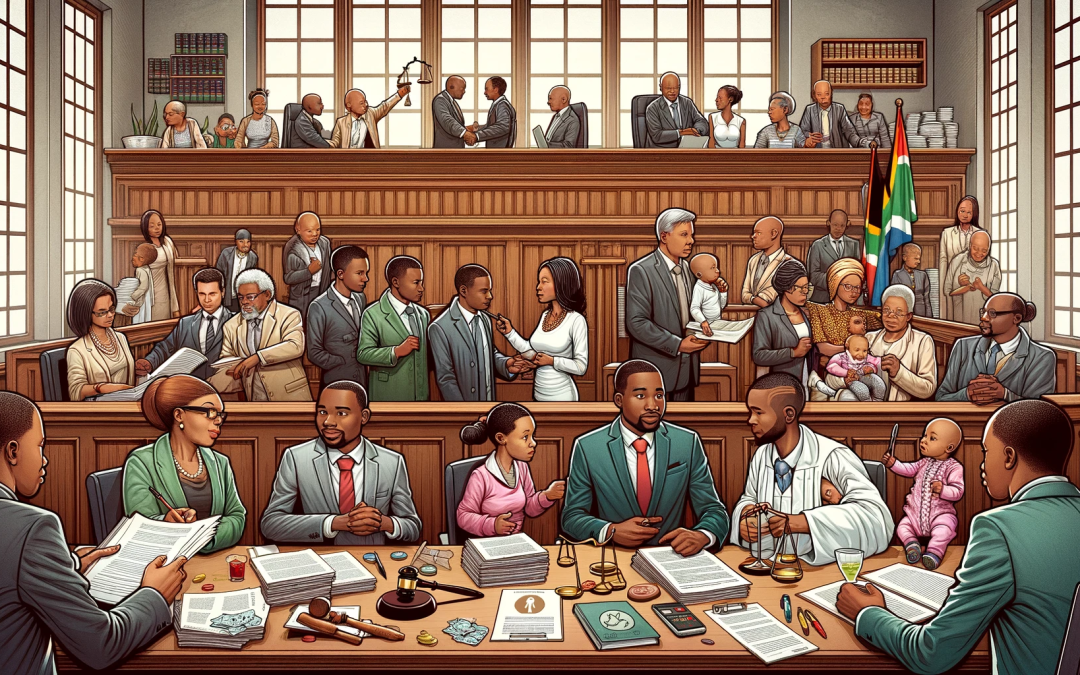
Why couples reject mediation and the importance of mediation in divorce matters
Mediation is a very important tool during divorce proceedings. Not only can mediation result in less trauma, but children can also benefit greatly from it. Many legal practitioners encourage their clients to attend mediation before resorting to litigation, however there can never be guarantees that mediation will indeed work during divorce proceedings. Besides there being no guarantee that mediation will bear fruitful results, mediation can also be costly and sometimes time consuming. It is for that reason couples often reject mediation, despite it being an important facet of a divorce. This article will seek to explain and expand on the reasons why couples reject mediation and the importance of mediation in divorce matters.
What is mediation?
Mediation is a process whereby two parties will meet with an independent third party, called a mediator, to discuss their issues, disputes and disagreements. The mediator will then make recommendations for the parties to consider on a way forward for the parties to reach an agreement and / or potential agreement.
Three main reasons couples reject mediation during divorce:
Despite mediation being an important process during divorce, there are many couples who reject mediation. The three main reasons that couples reject mediation are as follows:
- Mediation can be costly, depending on which mediator parties make use of. In most cases, parties agree that the costs of mediation be split equally amongst themselves;
- Mediation can take long, depending on the amount of issues the parties have to discuss and potentially agree on – More than one mediation session may be necessary; and
- Because divorces are complicated in nature, both parties are seeking outcomes favourable for themselves, and with neither party being willing to compromise and / or capitulate on what it is they want out of the divorce proceedings, they reject mediation.
Why is mediation important in divorce proceedings?
There have been many cases which have dealt with the importance of meditation in divorce matters and / or Family Law matters in general. The most common judgment in this regard is the case of Brownlee v Brownlee, adjudicated upon in the South Gauteng High Court in Johannesburg by Acting Judge Brassey.
Brassey J focused on two aspects:
- The duty of parties to attempt to mediate; and
- The obligation of legal representatives to encourage mediation with their clients before proceeding to acrimonious litigation.
The case of Brownlee v Brownlee made noise about the potential benefit of mediation and went a step further by capping the fees of the attorneys in this case because they had failed to advise their respective clients of mediation at an early stage.
In essence, mediation is important in divorce and / or Family Law matters. Not only is there a duty on parties to consider mediation, but there is an even bigger duty on attorneys to encourage mediation. Mediation can have many benefits not only for the parties themselves, but also for the children, if any are involved. Mediation should be the first step parties consider before instituting divorce proceedings.









